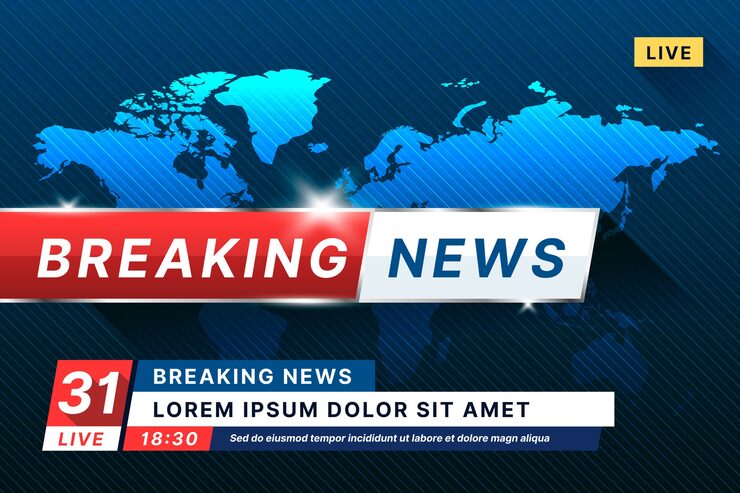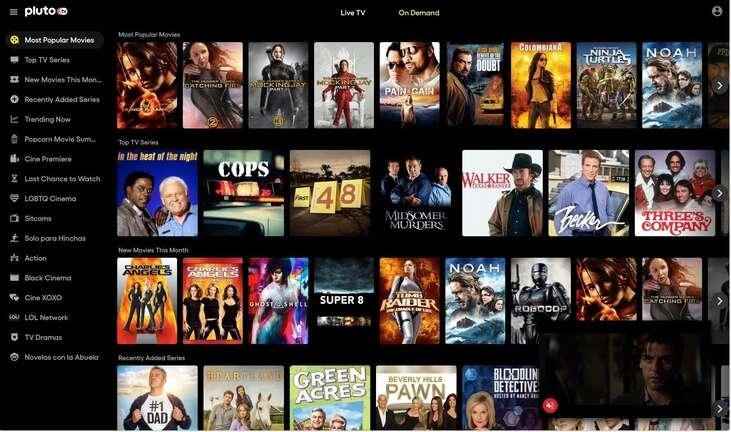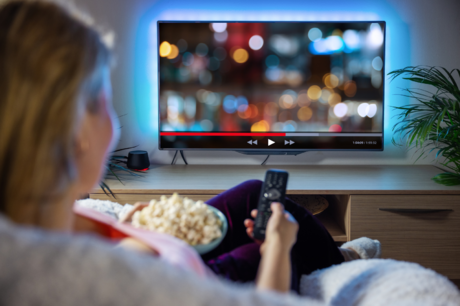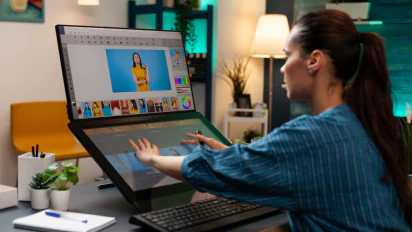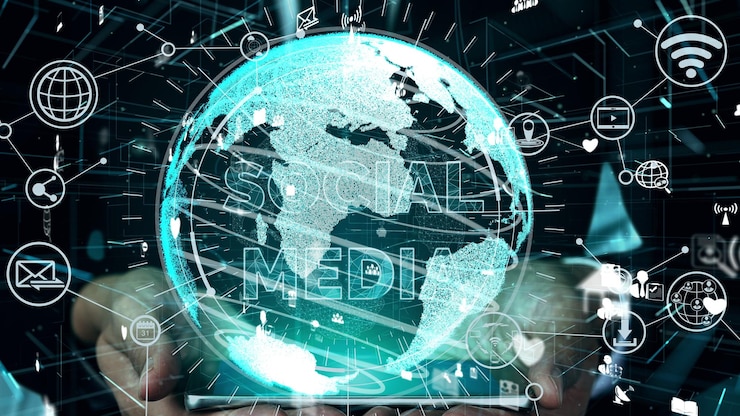
Media shapes the way we see the world, share stories, and connect with each other.
From newspapers to social media platforms, media has evolved dramatically over the past few decades. It has become an essential part of our daily lives, influencing opinions, spreading news, entertaining millions, and connecting people across the globe. Whether you’re watching the morning news, scrolling through your phone, or reading an online article, you’re engaging with media in one form or another.
But what exactly is media? How does it impact us? And why is understanding media so important today? Let’s dive into these questions.
What Is Media?
At its core, media refers to the various channels of communication used to deliver information, entertainment, or education to a broad audience. These channels can be traditional—like television, radio, and newspapers—or digital—like websites, blogs, and social media platforms.
Media is categorized into several types:
- Print Media: Newspapers, magazines, and books
- Broadcast Media: Television and radio
- Digital Media: Online news, podcasts, websites, social media
- Outdoor Media: Billboards, posters, and public displays
- Social Media: Platforms like Instagram, Facebook, X (formerly Twitter), and TikTok
Each type of media plays a unique role in how information is shared and consumed.
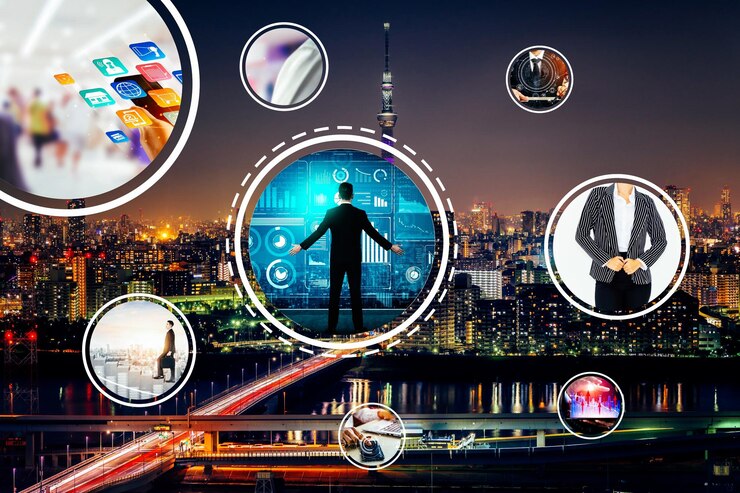
The Power of Media in Our Lives
In the modern world, media is more than just a source of information—it’s a driving force behind opinions, trends, and cultural shifts. Here’s how it impacts our lives:
- Spreading Information
Whether it’s breaking news, weather updates, or educational content, media helps us stay informed. It ensures that people across different regions and backgrounds can access the same information quickly.
- Creating Awareness
Media is key in raising awareness about social issues, health campaigns, and global events. From climate change to mental health, many movements gain traction through consistent media coverage.
- Entertainment
From movies to memes, media offers endless entertainment. Digital platforms now allow us to stream content, play games, and interact with creators from around the world.
- Influencing Opinions
Media has the power to shape public perception. The way news is reported, or how influencers present topics, can deeply affect how people think and feel.
The Evolution of Media
In the past, we waited for the evening news or the morning paper. Today, news breaks on social media within seconds of it happening.
Digital media has completely transformed how we communicate. Anyone with a smartphone can now become a content creator, journalist, or commentator. While this opens doors to creativity and inclusivity, it also brings new challenges—like misinformation and content overload.
As media evolves, so must our ability to use and understand it responsibly.
Media Literacy: A Skill for the Digital Age
With so much content around us, being media literate is more important than ever. It helps us:
- Identify credible sources
- Understand bias in reporting
- Recognize misinformation or fake news
- Think critically before sharing content
Teaching media literacy in schools and communities ensures that individuals become informed and responsible media consumers.
The Role of Social Media
Social media is one of the most powerful forms of modern media. From viral challenges to political movements, social media has become a platform for both expression and influence.
However, with great power comes responsibility. It’s important to be mindful of what we post and consume. The constant stream of information can lead to stress, comparison, and misinformation if not managed carefully.
The Future of Media
The future of media is shaped by technology. With innovations like virtual reality (VR), augmented reality (AR), and artificial intelligence (AI), the way we consume and interact with content is changing rapidly.
We can expect more immersive experiences, personalized news, and interactive content that engages audiences like never before. However, ethical concerns around privacy, content ownership, and algorithmic bias will also need careful attention.
Final Thoughts
Media is a mirror to society. As consumers, creators, and sharers of media, it’s up to us to engage with it responsibly.
Whether you’re reading a news article, posting a video, or watching a documentary, remember that media is not just about content—it’s about connection, communication, and community.
Want to become a smarter media consumer? Start by questioning what you read, checking sources, and staying open to diverse perspectives. In the age of information, knowledge truly is power.
